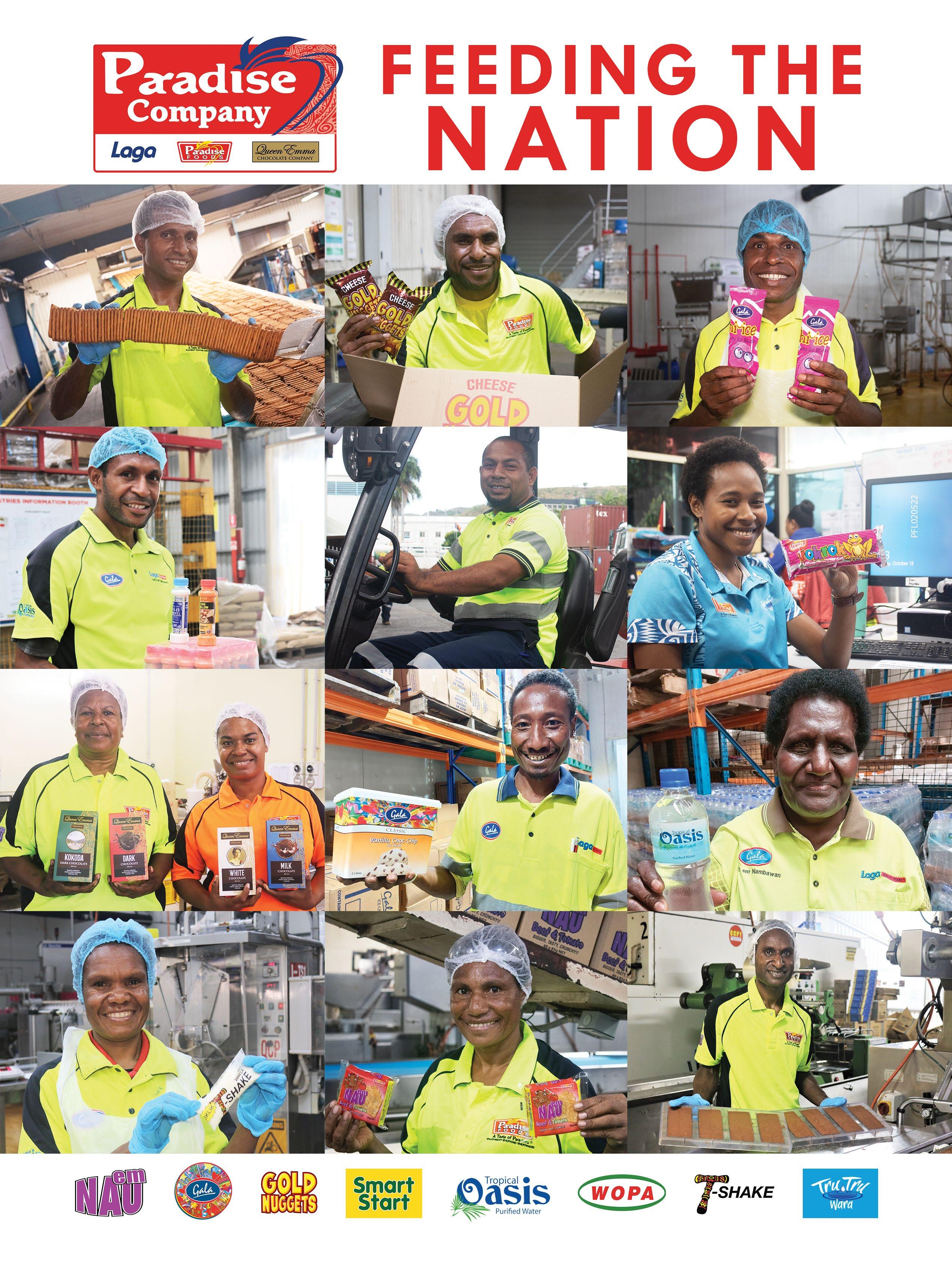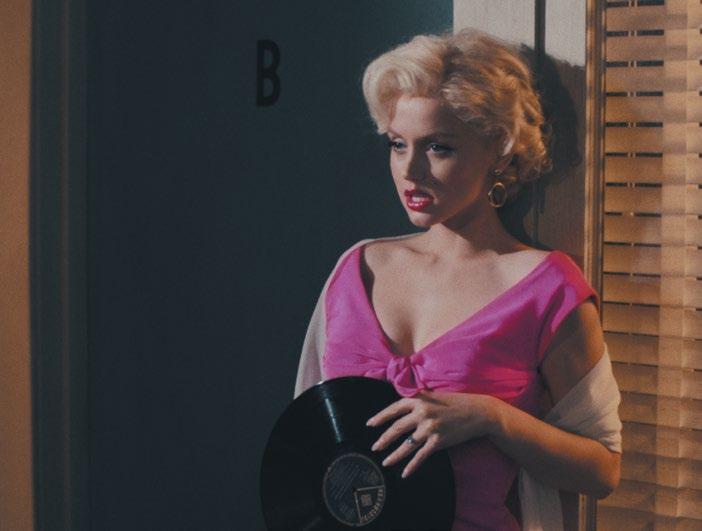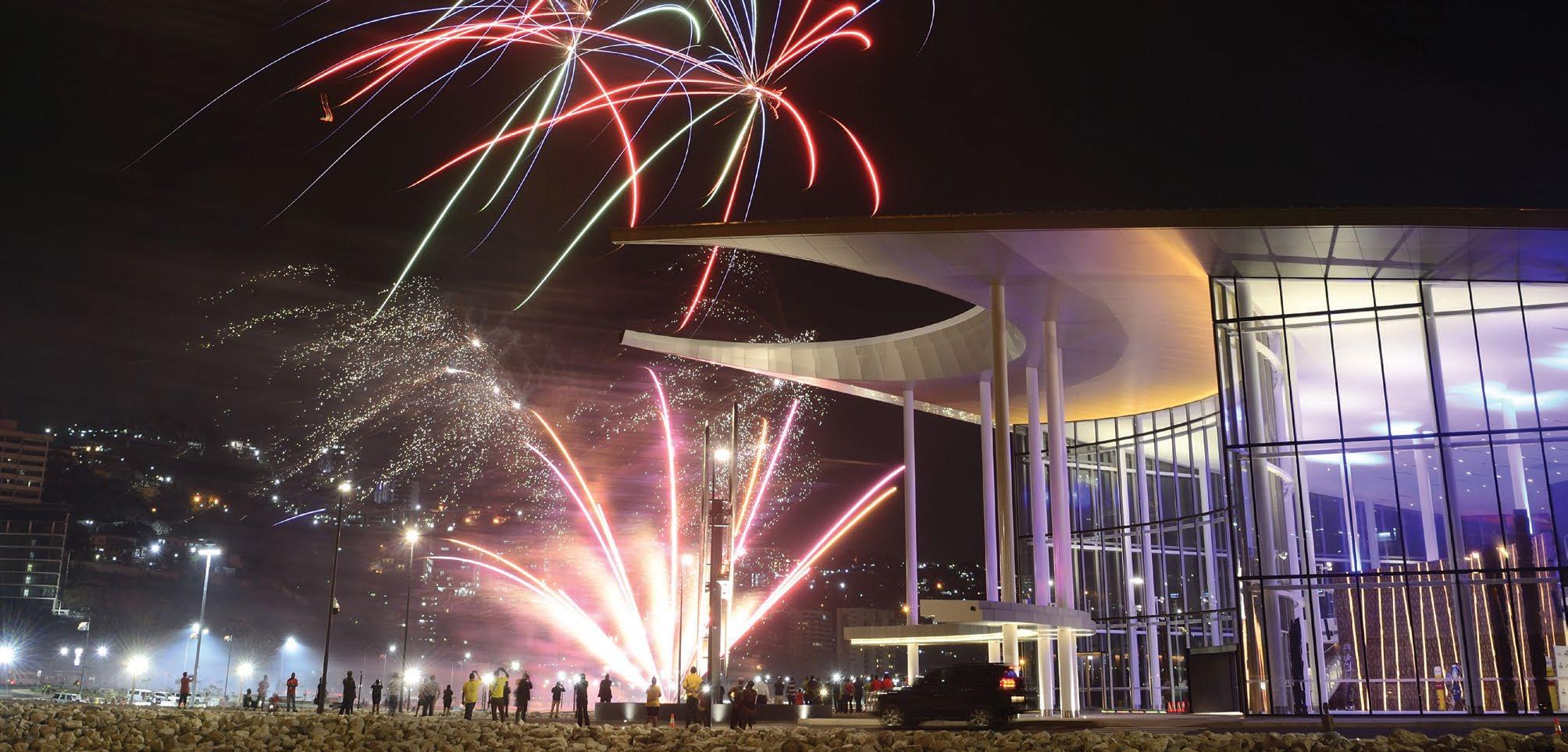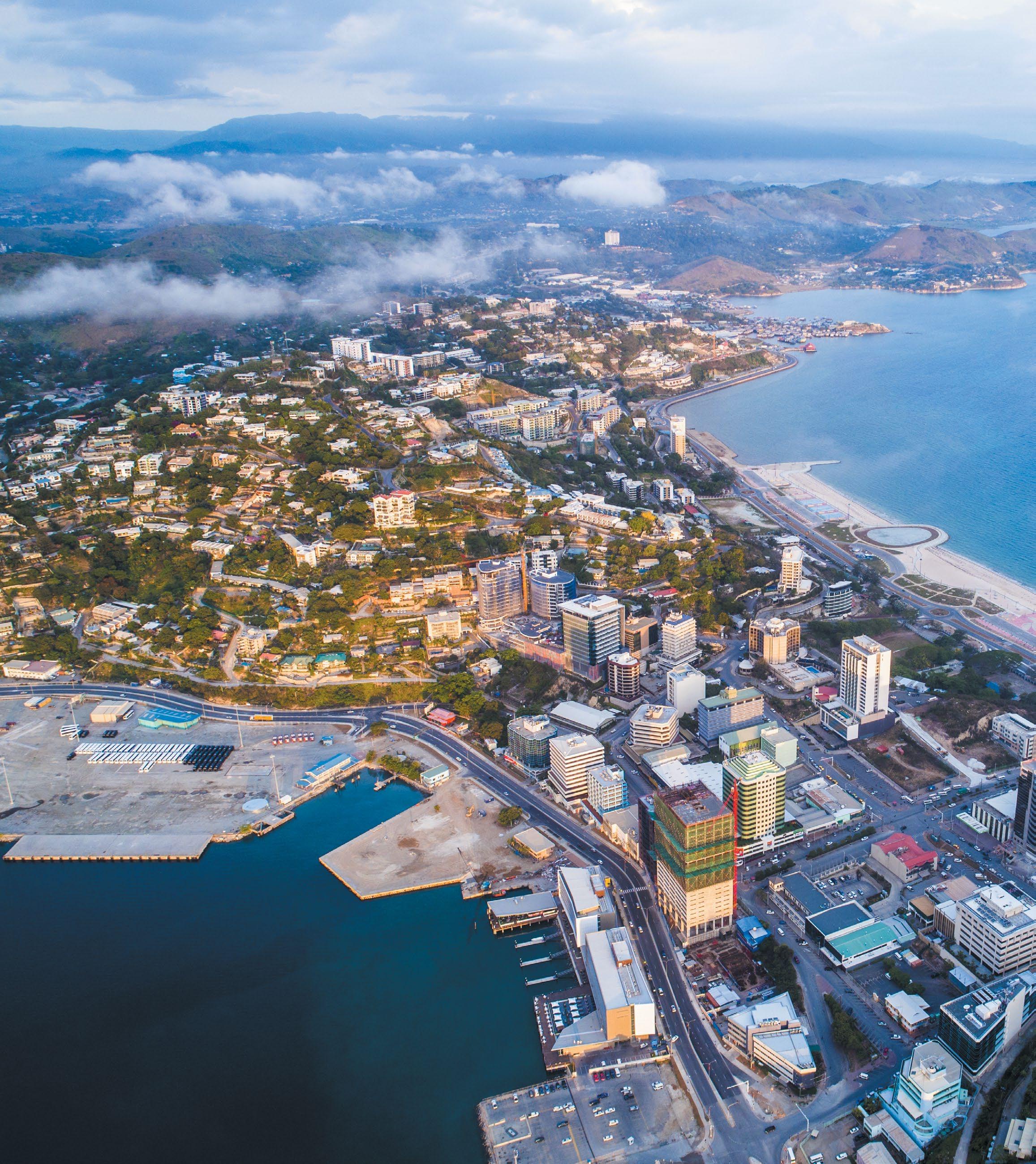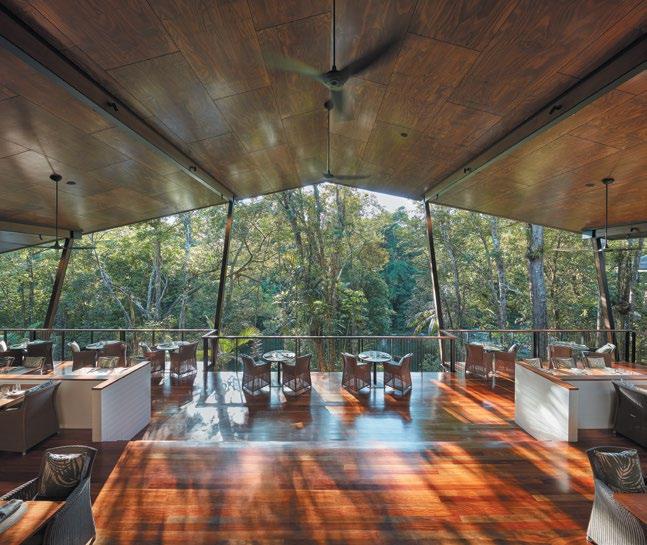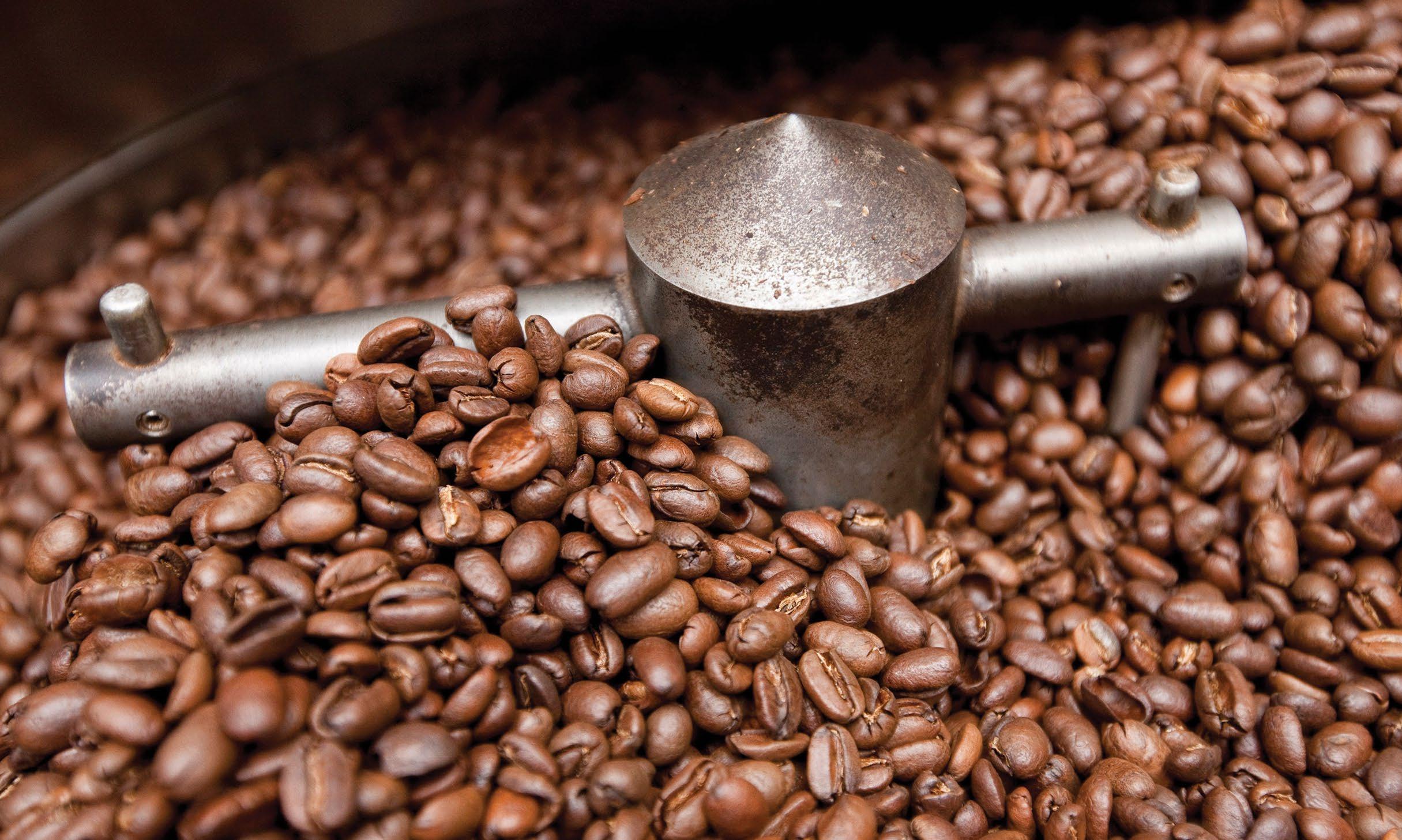
5 minute read
PNG coffee Good things on the brew in PNG
PNG COFFEE HITS A SWEET SPOT
Mary O’Brien reports that good things are on the brew in PNG.
PNG coffee beans (above); coffee exporter Elijah Harro (left).
Papua New Guinea coffee is grown on mountain slopes, in rainforests and along fertile valleys. These areas are remote and coffee farmers often must walk for days over rough terrain to the nearest coffee station to sell their produce.
While we all love our daily coffee, few of us realise the hard work that goes into producing it. The best coffee is the arabica variety, grown by small farmers using traditional methods.
PNG coffee is ranked among the best in the world and often scores at the top end of specialty coffee grades, says coffee exporter Elijah Harro.
“People say our coffee has got a very nice taste – it’s balanced, clean and sweet,” he says.
Goroka businessman and farmer Harro was delighted with the reaction to the samples he brought to the Melbourne International Coffee Expo in Australia in September. About 25,000 people visited the trade show.
Harro founded Alpha Coffee, a collective of small farmers from the Eastern Highlands, about seven years ago. About 400 farmers supply beans to the collective.
“We represent our small-holder growers, and we want to assist our growers to find a market in Australia,” he says.
Coffee is grown in 18 of PNG’s 22 provinces and it’s the secondmost important agricultural commodity, according to the World Coffee Research organisation. While the country supplies less than one per cent of the world’s coffee exports, it’s the second-largest producer of washed arabica in Asia.
It’s also one of the few cash crops in the country and it offers farmers a path out of poverty. In 2019, about 752,000 bags of coffee were produced. The Eastern Highlands is the second-largest coffee-growing area after the Western Highlands. Alpha Coffee focuses
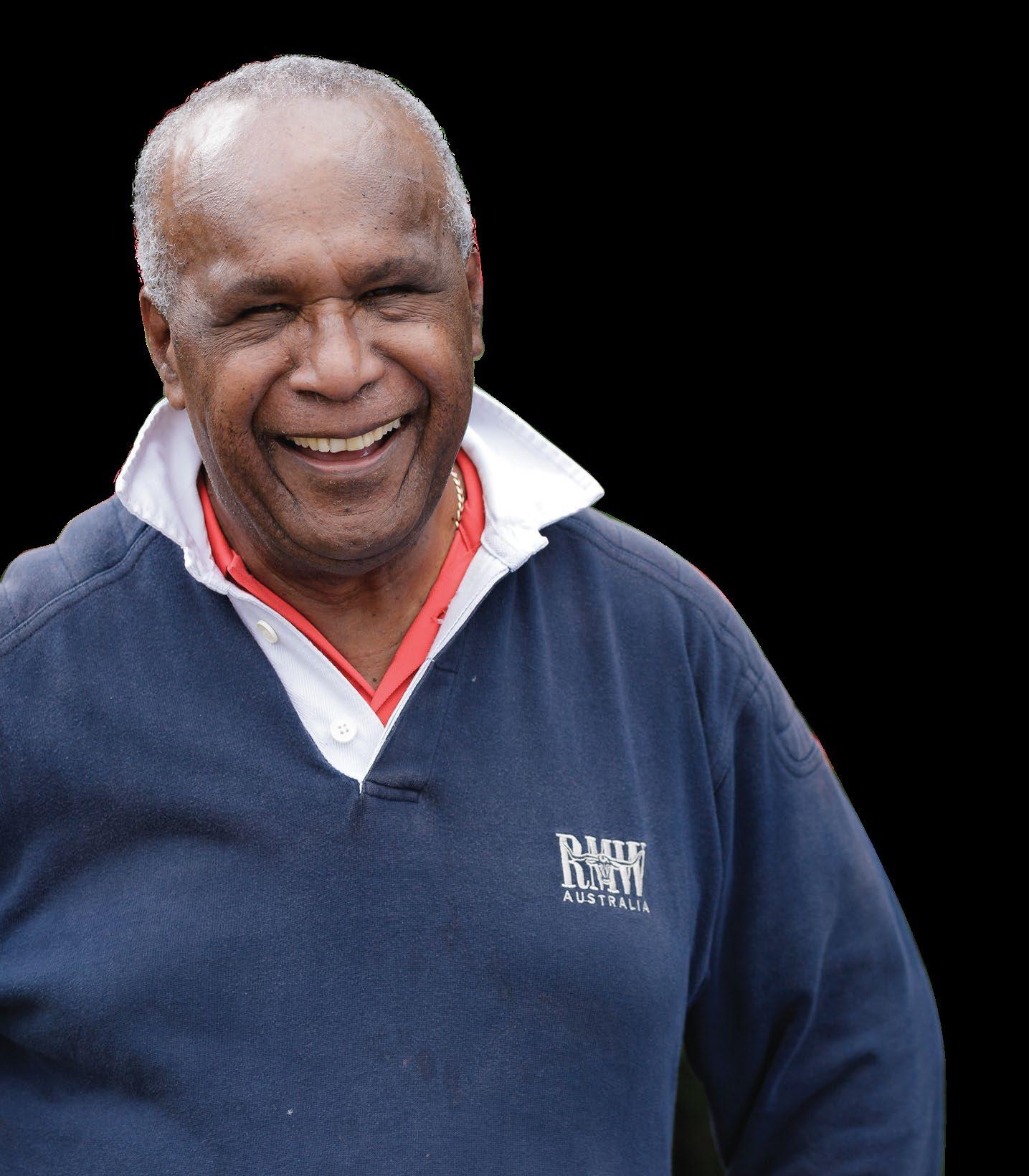
on single-origin arabica, a mix of the arusha, typica and PNG blue mountain varieties. These typically score between 85 and 89 points (which means ‘excellent’) on the international Q grading system for coffee.
Harro has his own two-hectare farm near Goroka. If 10 farmers each supply 30 bags of coffee, they will have enough to fill a shipping container and supply roasters directly, he explains.
“We need to explore the possibility of getting the small grower to supply the small roaster and the only way to do it is through the consolidation of their stock,” Harro says.
If small holders can sell directly to specialty roasters, they will earn between 25 per cent and 35 per cent more, he says.
The money from coffee helps families pay school fees, increases living standards and improves farming techniques.
Almost all PNG coffee is organic. It’s organic by default because farmers use traditional methods and cannot afford pesticides or fertilisers. Unfortunately for PNG growers, it’s often too expensive to go through the organic certification process, which takes years.
Quality is essential as small roasters are searching for high-grade coffee beans.
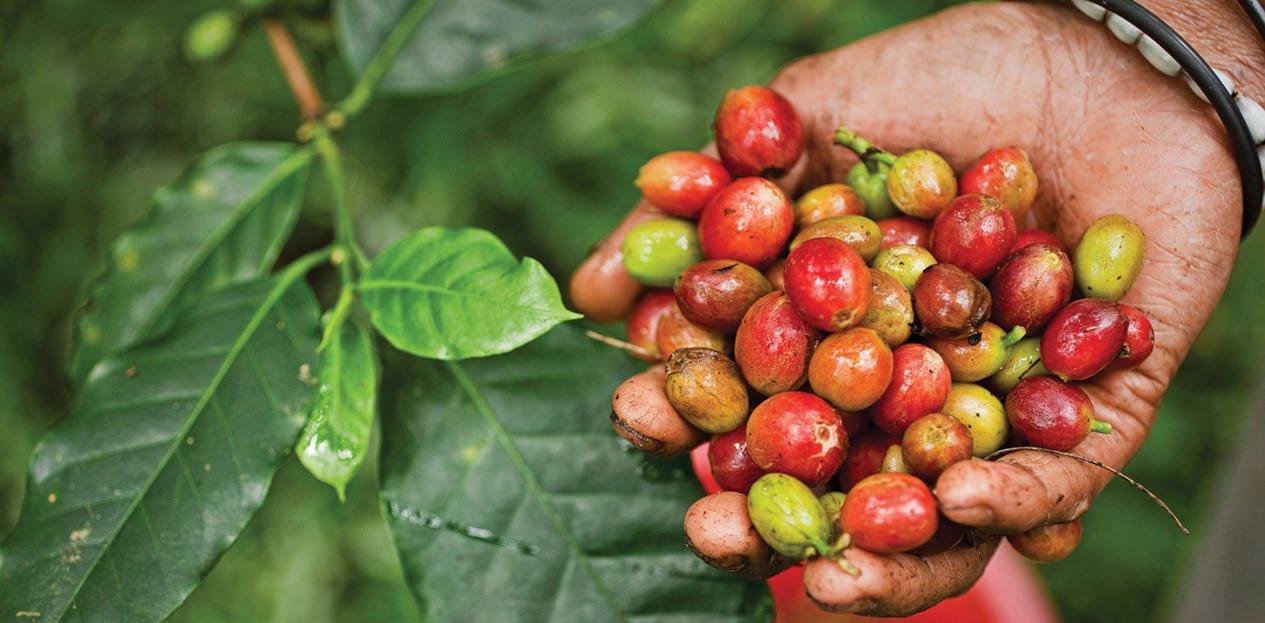
Harro says he had samples from 12 farmers for the expo but rejected eight because they didn’t make the grade.
There is a strong demand in Australia, the US, Germany and Japan for quality PNG coffee. As Australia is the closest market, it is the most attractive one. Coffee is shipped and arrives within one to two weeks, and this means farmers are paid quickly.
“The future is bright if Papua New Guinea growers can focus on quality and increasing volume over time,” says Jeremy Grennell, Australia’s general manager of exports at Pacific Trade Invest.
“Coffee feeds a lot of families, and the coffee industry provides a really good income for those people that grow coffee,” he says.
As coffee prices are rising globally, Grennell says Papua New Guinea farmers are in a sweet spot.
The other good news is that since August PNG has had a minister for coffee, which is thought to be the first coffee ministry in the world.
Harro hopes his country’s coffee will get to more international shows in the future. “PNG coffee has its own story and it’s a story we have to sell to be able to get out our message about it,” he says.
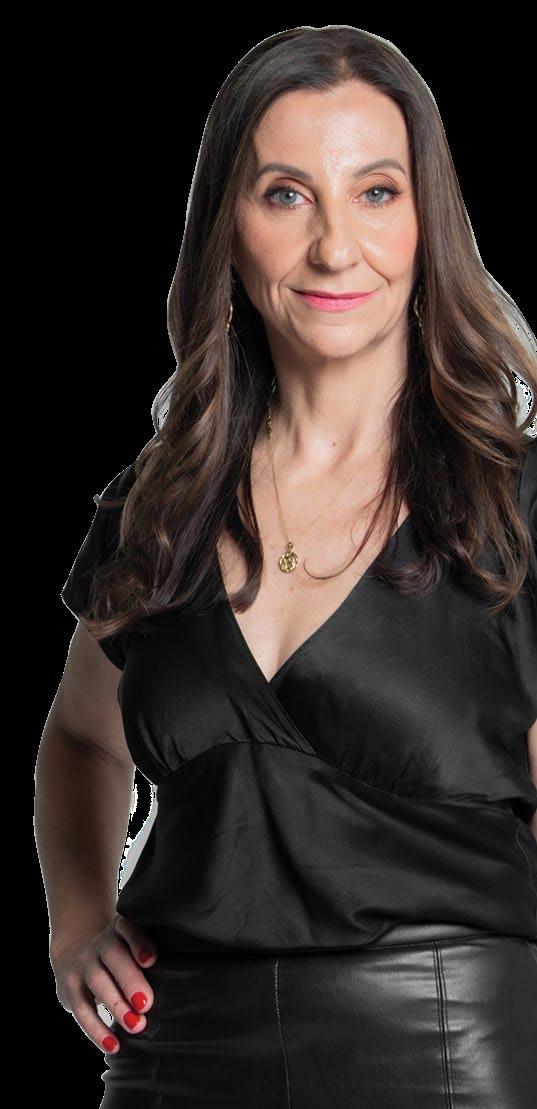
THE ROASTER: GINA DI BRITA
Australian specialty coffee roaster Gina Di Brita is a big fan of Papua New Guinea beans.
Di Brita, who owns Numero Uno Coffee Roasters in St Peter’s in Sydney, is also an international coffee judge.
She says she was blown away when she initially sampled some of the Alpha Coffee.
“PNG coffee is a beautiful bean: it’s delicate, it’s known for its sweetness and chocolate notes,” she says. “It’s got a balanced acidity.”
She believes this coffee is special because of the environment where it’s grown, and the traditional methods used.
“It’s quite nice as a single origin and it’s good as a filter coffee and we can roast it to suit.”
Di Brita co-founded the International Women’s Coffee Alliance in Australia and won the Eleonora Genovese Australian Coffee Woman of the Year award in 2019.
She travelled to PNG three years ago and formed a connection with the farming communities there.
“I fell in love with the story and the people behind the coffee,” she says.
Di Brita, who used to be a tobacco farmer in Australia’s Far North Queensland, understands how difficult it is to grow any produce.
“Being an ex-farmer, I really do connect very quickly and passionately with people of the land.”
After suffering setbacks and seeing production drop in recent years, PNG coffee is making a comeback, Di Brita believes. Younger baristas and roasters have yet to discover how good PNG coffee can be.
Women play a very important part in the coffee-growing industry, she says. There are many women growers who own their own coffee gardens.
“The women are such a vital presence in every sector of the coffee journey – they really are the backbone of all the coffee regions.
“Some carry bags of coffee on their heads and walk for a couple of days until they get to a local market to sell their coffee; it’s extraordinary.”
